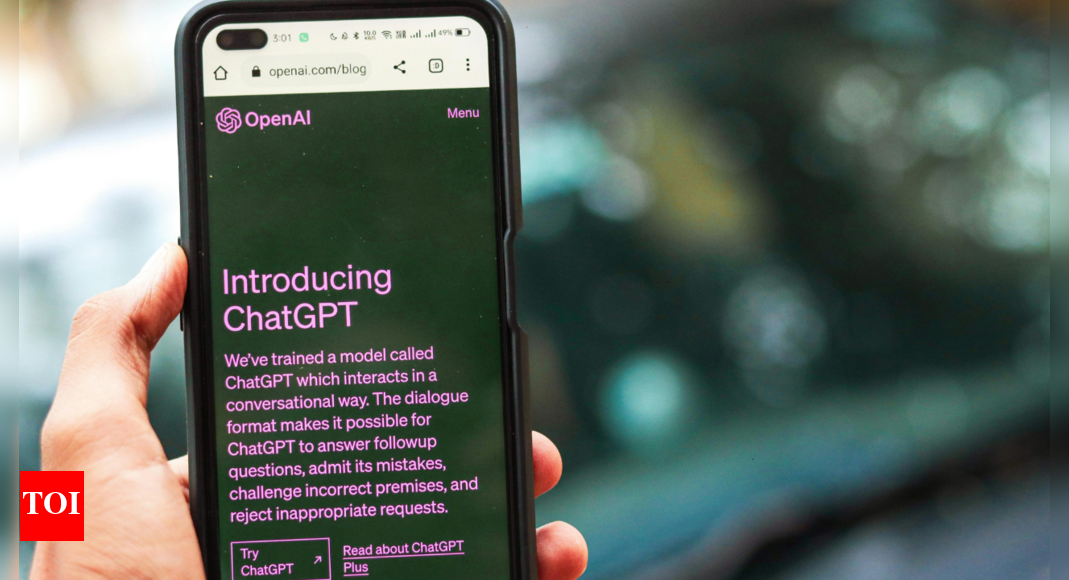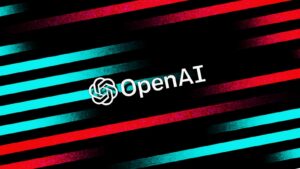OpenAI Suggests Potential Reasons Behind Feelings of Loneliness: An Analysis

The Connection Between ChatGPT Use and Loneliness
Recent research led by OpenAI in collaboration with the MIT Media Lab has shed light on an unexpected relationship between heavy ChatGPT usage and feelings of loneliness and social isolation. This study, which has implications for millions of active users, highlights potential emotional risks associated with advanced technology interaction.
Study Overview
The researchers analyzed a vast array of data, including millions of chat exchanges and thousands of voice interaction recordings. Their findings suggest that a small group of users, often referred to as "power users," were more likely to experience higher levels of loneliness and social dependence. Specifically, these individuals displayed a notable correlation between excessive ChatGPT usage and diminished social interaction with others.
Sample Size and Methodology: The research was conducted among 4,000 users and tracked nearly 1,000 individuals over a four-week period. This comprehensive approach allowed for the collection of insightful data regarding user interactions and emotional states.
- Key Insights: The research team noted that "a small number of users are responsible for a disproportionate share of the most affective cues," which refers to emotional signals conveyed during conversations.
Loneliness vs. Engagement
Interestingly, the study revealed a paradox regarding the use of ChatGPT’s Advanced Voice Mode. While these voice interactions could initially alleviate feelings of loneliness, users who were already experiencing loneliness tended to overuse this feature. This habit, rather than providing solace, seemed to exacerbate their condition over time.
- User Experience: The researchers tested two distinct AI response styles: one aimed at being neutral and efficient, and the other designed to be engaging and emotionally resonant. The results indicated that users reported higher feelings of loneliness when interacting with the neutral mode as opposed to the more engaging version.
Implications of Findings
With ChatGPT having garnered approximately 400 million weekly active users since its launch, the conclusions drawn from this research are significant for a large segment of the population. Experts in the fields of technology and emotional health have expressed concerns about the impact of such advancements.
Challenges in Measuring Emotional Impact
The Harvard-trained expert in AI and society, Kate Devlin, emphasizes the complexities of evaluating emotional effects as new technologies emerge. She points out that users may not consciously utilize ChatGPT from an emotional standpoint but highlights that human emotionality is inherently tied to technological interactions.
- Connection to AI: The findings suggest a need for users to tread carefully when using AI tools for social engagement. Even though technologies like ChatGPT are developed to assist or augment human interaction, they can also lead to unintended emotional consequences.
Recent Developments in AI Modeling
It is worth noting that the studies utilized OpenAI’s multimodal model, GPT-4o, released in May 2024, rather than the more recent GPT-4.5 model launched last month. This distinction is important, as it suggests ongoing developments and iterations in AI technology that could further impact user experience.
Key Takeaways
The research indicates that while AI, such as ChatGPT, can serve as a medium for interaction, it is crucial for users, especially those grappling with loneliness, to maintain a balanced engagement. Heavy reliance on such tools may not replace the need for genuine human connection and can potentially foster a cycle of isolation. As interactions with AI continue to evolve, understanding the emotional ramifications remains a pertinent issue for users and developers alike.






